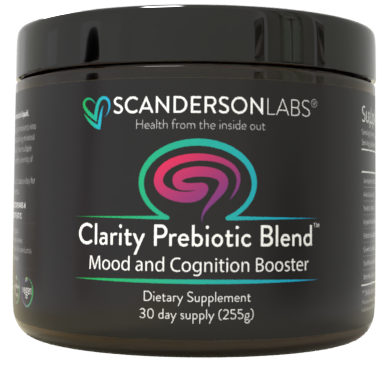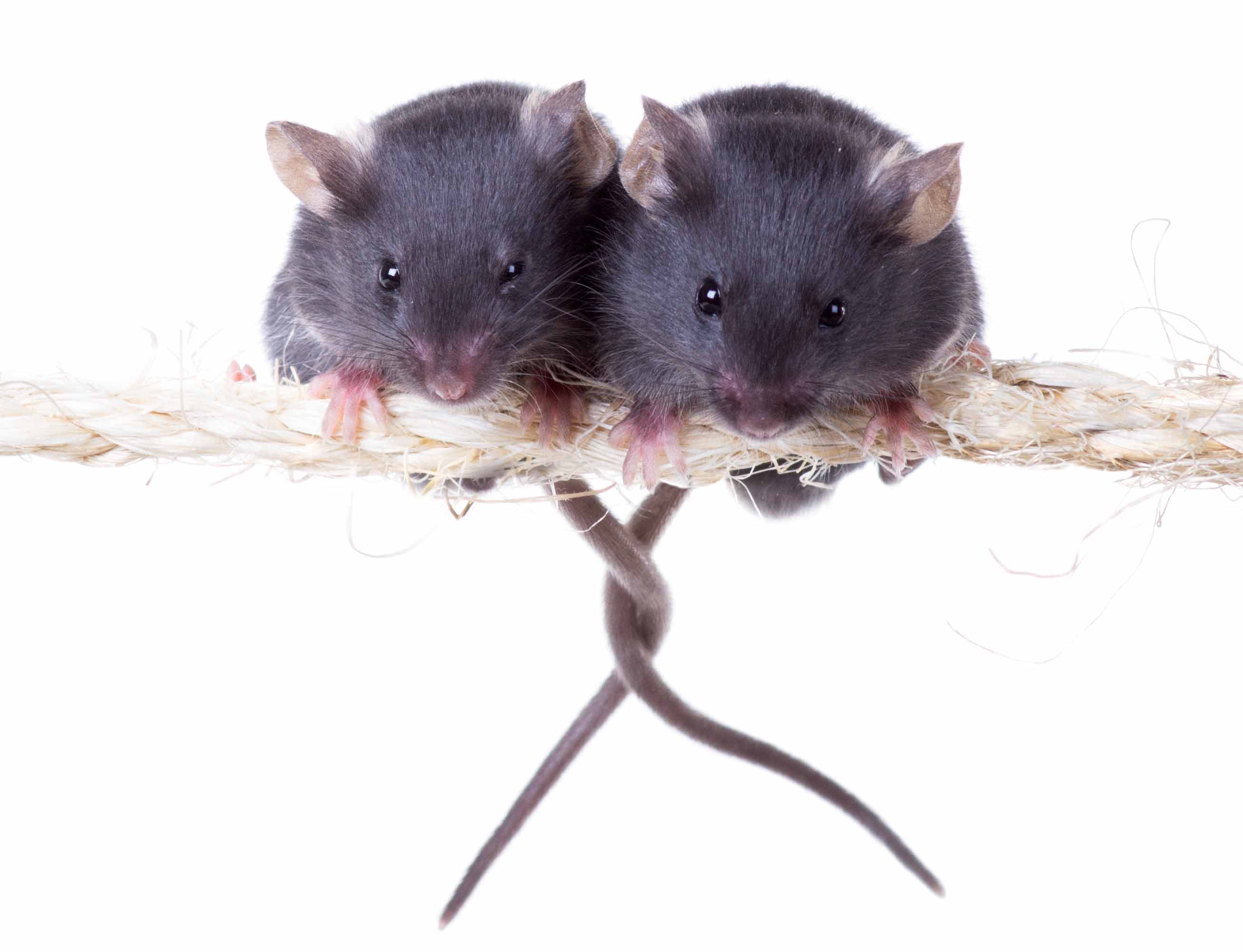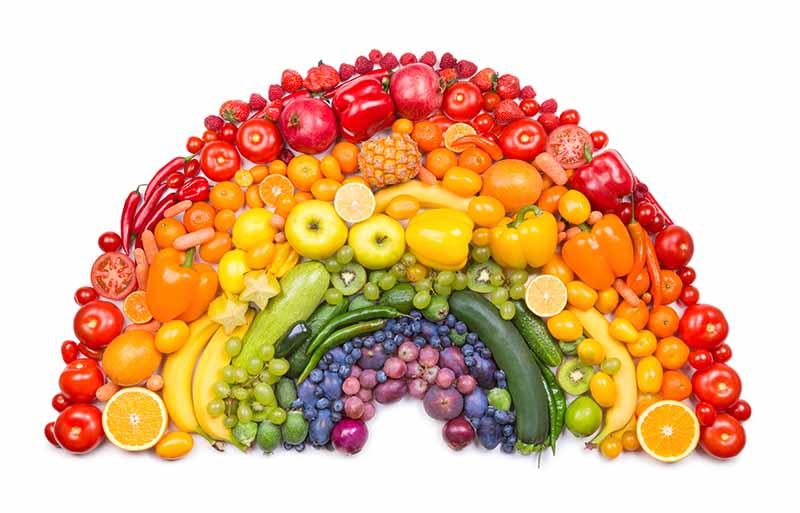Can We Trust Mouse Studies?
The gut-brain connection continues to reveal surprising associations between gut bacteria and psychology. Bacteria that can improve your mood are called psychobiotics, and they are already being used to help people with depression and anxiety as a replacement or adjunct to psychoactive drugs. But many of these studies were first done with mice. Are they really a good model?
Originally, the research that led to our current understanding of psychobiotics was done in germ-free mice. If you want to know what gut microbes do, it makes sense to compare an animal with microbes to one without. Rodents have guts similar to ours and are surprisingly good proxies for microbial research. A popular choice is a germ-free mouse or rat, born by antiseptic C-section and raised in a sterile environment. They are the darlings of the lab and take up little space, breed quickly and are relatively easy to care for. That’s why, for the last decade, much of the research on psychobiotics has been done with germ-free mice.
This is a promotion of sorts for a mouse: in the wild they are hunted ruthlessly as a favorite meal for predators. Their enemies include humans: The patent office lists over 4400 mouse traps, widely considered to be paragons of human ingenuity, exemplars of entrepreneurism. That’s because in the US alone, rodents cause $20 billion in damage every year, spreading disease as they invade homes. So being healthy and germ-free in a large, clean environment with no predators may not be the worst fate. Lab animals can live a lot longer than their wild cousins. Not all lab mice have it so good, but germ-free mice are kind of special.
Just like humans, mice have had their entire genome sequenced. In fact, the mouse is so important to researchers that it was the second animal after humans to be sequenced. Of course, our DNA is different from theirs, but all the important mice genes have human equivalents. Further, to make mice more like us, some have been “humanized” by genetically altering their immune system to resemble ours. These mice have gut reactions that look a lot like ours.
But surely, mice don’t get psychiatric illnesses? And if they do, how would you know?
The tail test
One way to check if a mouse is depressed is to hold it by the tail. For the mouse, this is safe but annoying. The mouse attempts to right itself, but at some point it just gives up and hangs quietly, like a sleeping bat. The time that takes is inversely related to depression. Giving antidepressants to these mice keeps them trying for longer. Surprisingly, that simple measure is how many psychoactive drugs are initially tested, not just psychobiotics.
There are other tests for depression, including sociability. A depressed mouse tends to stay in its own corner, while a normal mouse enjoys friendly visits. There is also the water test, where the time spent swimming in an open pool is inversely related to depression. These tests are typically done in conjunction and have been used in thousands of studies over the years.
Germ-free mice provide simple, easy-to-chart ways to study the microbial connection to sociability, anxiety, stress, learning, memory, and more. But is the psychobiotic bridge between rodents and humans perfect? Not even.
Emeran Meyer at UCLA points out that human and rodent brains are, um, different. Beyond that, there are several differences between rodent and human gut bacteria. So, both ends of the gut-brain axis are wobbly when crossing the rodent-human bridge. Still, some of the connections are extremely revealing and helpful.
Transferring the blues
In 2011, researchers at McMaster University made calm mice anxious and vice-versa, simply by transferring poop between them. This amazing result demonstrated that microbes alone are sufficient to alter mood and behavior. This moved the research from correlation to causation, a major step in the gut-brain theory.
That was followed up by research from the lab of John Cryan and Ted Dinan at University College, Cork. They took poop from depressed people and gave it to rats with a reduced microbiota, causing them to behave in a depressed fashion. The rats took to a quiet corner and stopped exploring and socializing. They gave up early in the tail test.
These studies demonstrate the incredible power of rodent studies for psychobiotics. Not only do they establish that microbes can affect behavior, they also show that the effect can be transferred between individuals. More importantly, they show that the microbial effect can be transferred between species. And so, to a surprising extent, we really can trust mouse studies to give us useful information about the human gut-brain axis.
As John Cryan says, “This suggests that the gut microbiota may play a causal role in the development of features of depression. It seems you really can transfer the blues.” However, he also warns against overselling animal studies: “Working with a controlled situation of mice with well-defined genetics, diets, and microbiomes is very different than looking at humans, and caution is needed in not over-interpreting these findings yet.”

BUY ON AMAZON
In short, mouse studies are not human studies, so take them with a grain of salt. They inspire hypotheses and they establish a certain level of safety and efficacy that is required before human studies can start.
Clinical trials are now yielding hopeful results that echo the mouse studies. Researchers are realizing that the gut microbiota is indeed a major vector for depression and anxiety. Psychobiotics – both prebiotic and probiotic – are finally starting to reach the market. And we can thank our tiny rodent friends for hanging in there for us.
References
Cryan, John F., Cedric Mombereau, and Annick Vassout. “The Tail Suspension Test as a Model for Assessing Antidepressant Activity: Review of Pharmacological and Genetic Studies in Mice.” Neuroscience & Biobehavioral Reviews, Animal Models of Depression and Antidepressant Activity, 29, no. 4 (January 1, 2005): 571–625.
Bercik, Premysl, Emmanuel Denou, Josh Collins, Wendy Jackson, Jun Lu, Jennifer Jury, Yikang Deng, et al. “The Intestinal Microbiota Affect Central Levels of Brain-Derived Neurotropic Factor and Behavior in Mice.” Gastroenterology 141, no. 2 (August 2011): 599–609, 609.e1-3.
Kelly, John R., Yuliya Borre, Ciaran O’ Brien, Elaine Patterson, Sahar El Aidy, Jennifer Deane, Paul J. Kennedy, et al. “Transferring the Blues: Depression-Associated Gut Microbiota Induces Neurobehavioural Changes in the Rat.” Journal of Psychiatric Research 82 (2016): 109–18.



